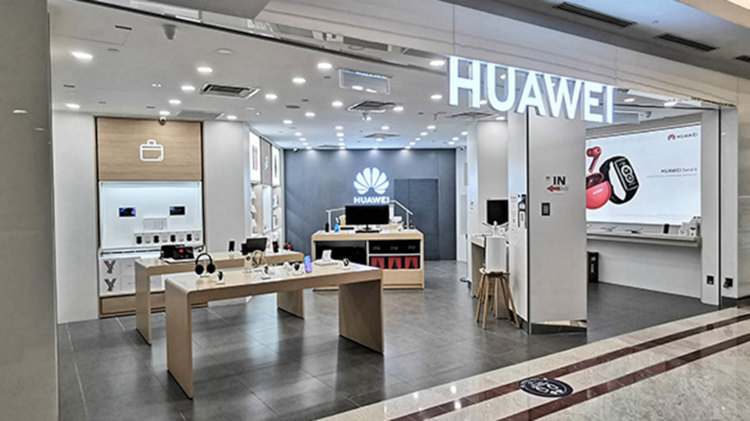
Huawei Says Goodbye to Android
With HarmonyOS Next System Huawei Prepares to Cut Ties with the Android Ecosystem
NEWS Android October 30, 2023 Reading time: 2 Minute(s)
In a bid to further distance itself from the Android ecosystem, Huawei Technologies, one of China's pioneering smartphone manufacturers, is gearing up for the release of the HarmonyOS Next system next year. This ambitious move follows the success of HarmonyOS, a home-grown operating system introduced in August 2019, a few months after the U.S. Department of Commerce added Huawei to its Entity List, thereby restricting the company's access to American technologies, including Google apps and services, without prior approval from Washington.
HarmonyOS initially made its debut on smart televisions, but Huawei's vision extends far beyond this. The company has been diligently working on expanding HarmonyOS to encompass all its Internet of Things (IoT) and personal devices, from smartphones to tablets to wearables. This is not without its challenges, as Android maintains a dominating presence in the global mobile operating system market, boasting a market share of around 70% as of September, according to data from StatCounter. In contrast, HarmonyOS has thus far held only a marginal share.
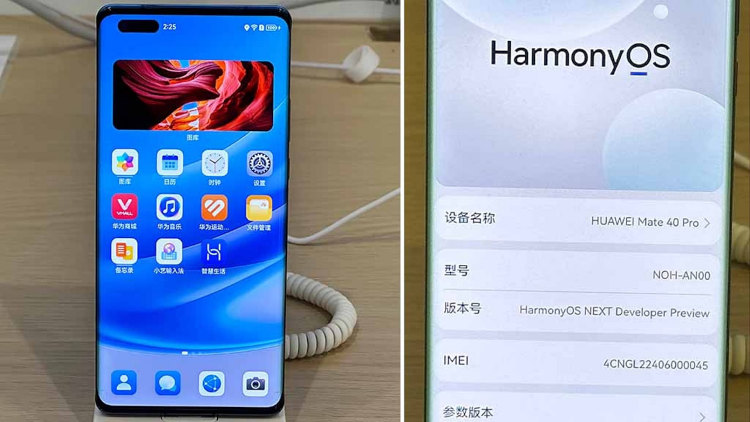
To mitigate the impact on its users, Huawei has allowed Android apps to run on HarmonyOS devices, giving consumers a sense of familiarity and accessibility. The decision to cut ties with the Android ecosystem by eliminating support for Android apps on devices equipped with the HarmonyOS Next system represents a significant departure from this approach. This strategic shift underscores Huawei's determination to establish HarmonyOS as a strong, independent alternative to Android.
Richard Yu Chengdong, CEO of Huawei's consumer business, alluded to this journey during the launch event for HarmonyOS 4 in September, "HarmonyOS had four rough years. Looking back now, the light boat has already passed ten thousand mountains." These words reflect Huawei's resilience in the face of adversity and its determination to persevere, even in the competitive world of operating systems.
The results of Huawei's efforts are impressive. HarmonyOS has already garnered over 700 million devices, ranging from smartphones to smart home appliances, utilizing the operating system. Furthermore, more than 2.2 million third-party developers have embraced the HarmonyOS ecosystem, creating a thriving app marketplace and expanding its capabilities. As Huawei moves forward with the HarmonyOS Next system, it remains to be seen whether this bold move will redefine the landscape of mobile operating systems and offer a viable alternative to the Android monopoly.
Huawei HarmonyOS2 Android Operating System Chinese Technology Smartphone IoT Mobile OS App Ecosystem Technology News App Developers RSNews RSMax
*Our pages may contain affiliate links. If you buy something via one of our affiliate links, Review Space may earn a commission. Thanks for your support!
CATEGORIES


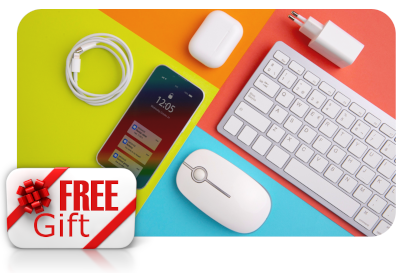


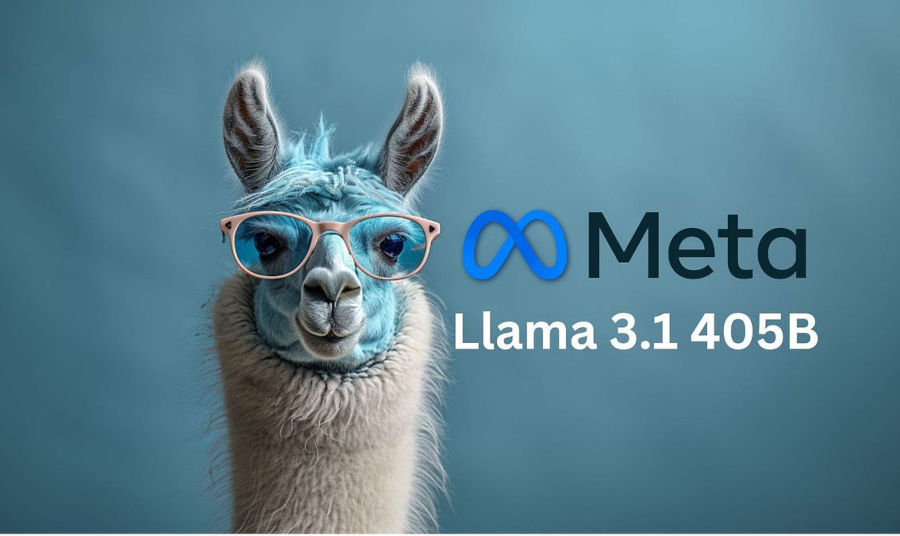

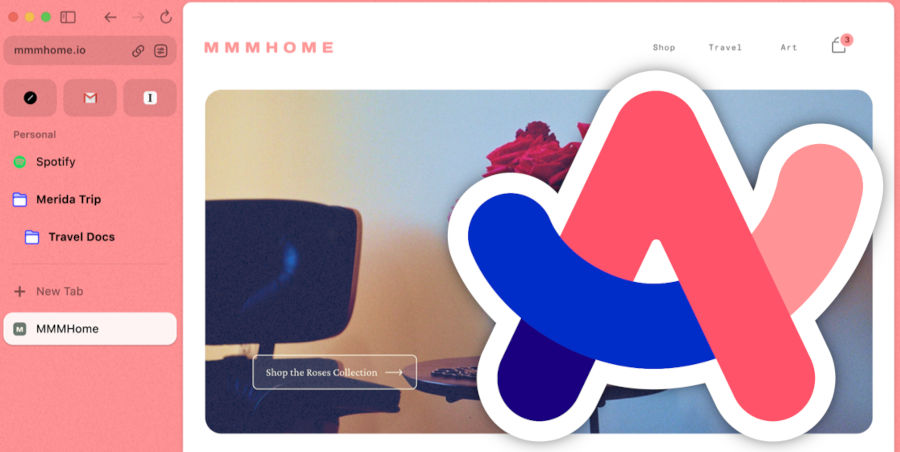



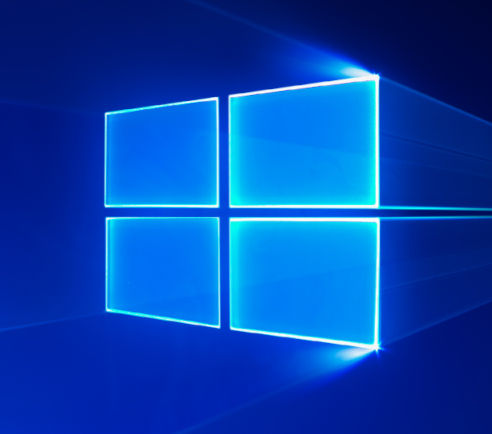








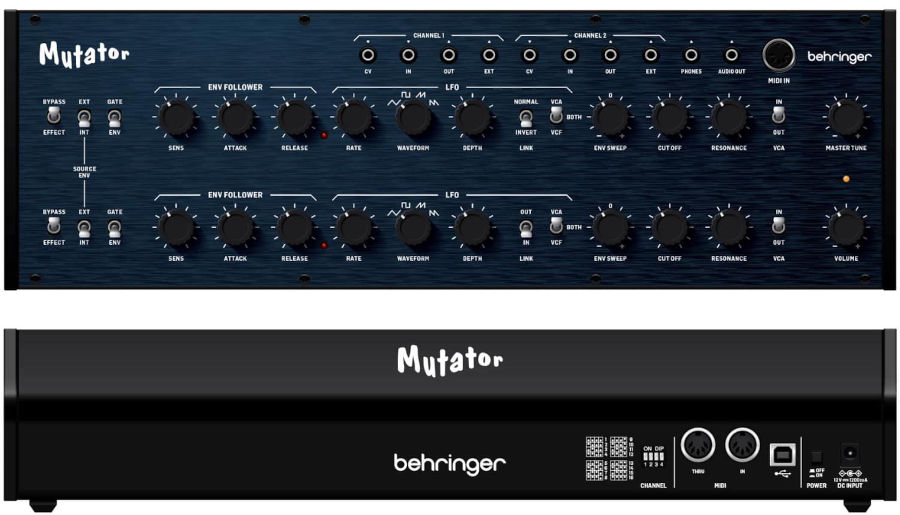
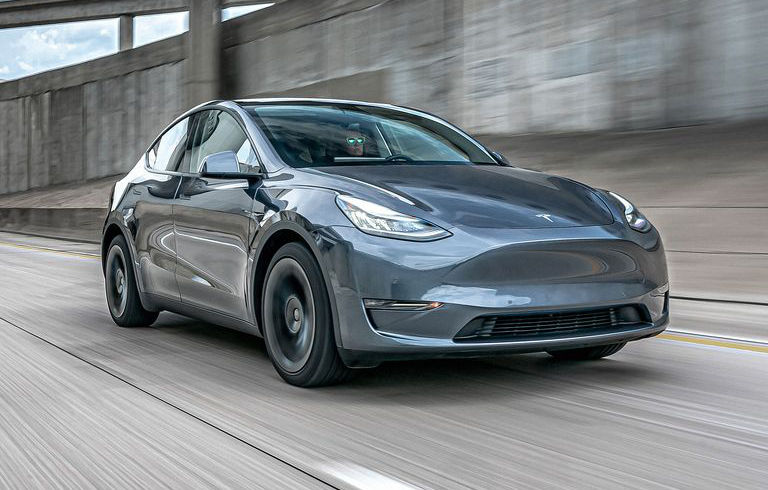



COMMENTS